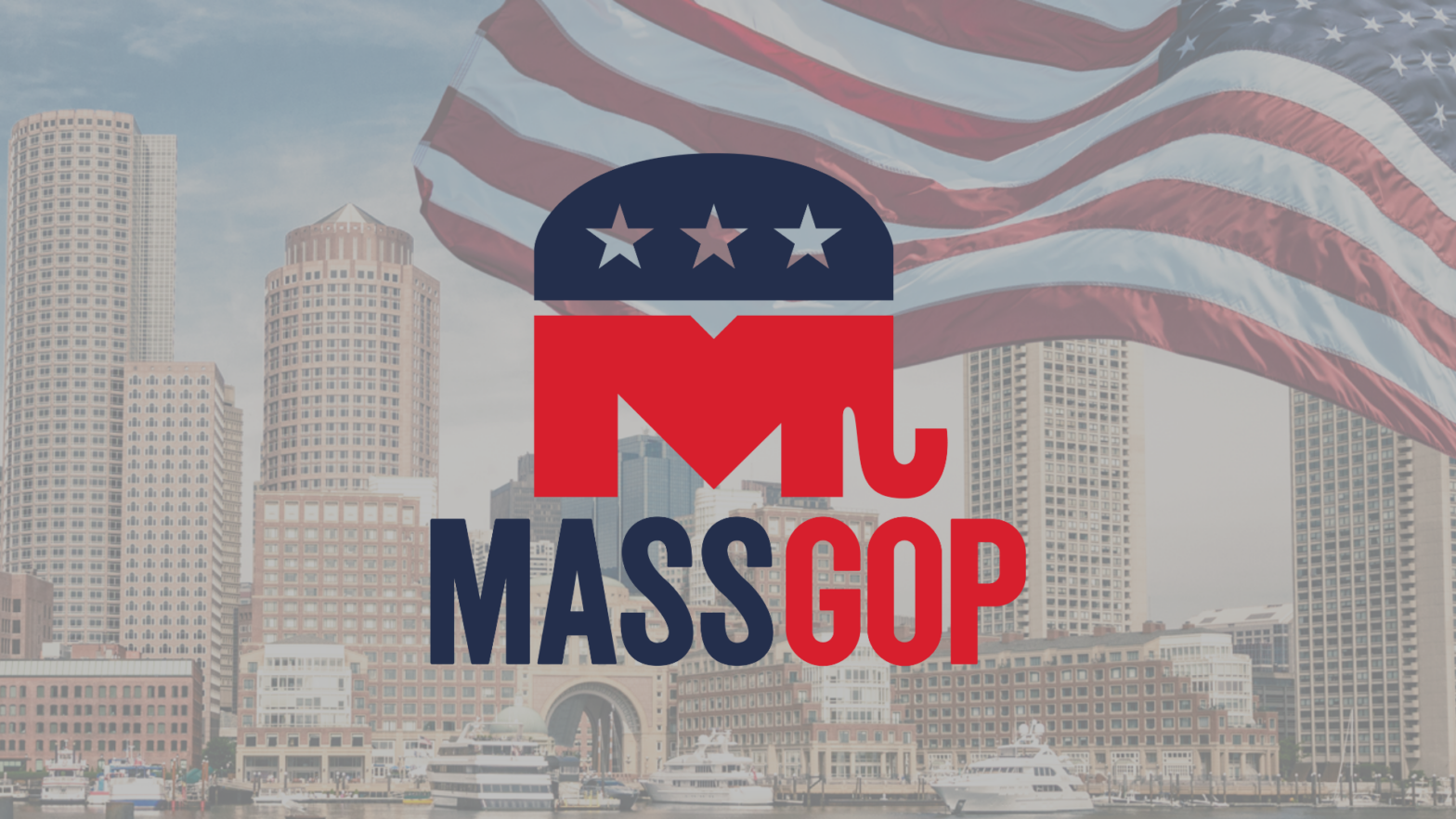MassGOP Highlights Risks of Proposed Ballot Initiative for Restaurant Industry

MassGOP Highlights Risks of Proposed Ballot Initiative for Restaurant Industry
March 12, 2024
Today, Beacon Hill lawmakers heard arguments on the proposed ballot question calling for a minimum wage for service industry workers. Should the ballot question succeed, restaurants will be obligated to gradually raise salaries of service employees to minimum wage within five years. This measure is anticipated to lead to higher prices for patrons, reduced wages for restaurant employees, and challenging dilemmas for restaurant owners, who must decide whether to raise prices or reduce staff.
Advocating for the adoption of the minimum wage is an out-of-state special interest group called One Fair Wage. In opposition, the Massachusetts Restaurant Association represents local businesses and restaurant staff, opposing the ballot initiative. The MassGOP stands firmly behind the local businesses of Massachusetts and opposes the special interest group’s attempt to craft a positive narrative around a policy that could profoundly impact the restaurant industry and those it serves.
Amy Carnevale, Chairwoman of the Massachusetts Republican Party, weighed in on the ballot question, expressing concern over its potential ramifications stating, “In examining the ballot question, it becomes apparent that individuals working in the service industry would likely experience a decrease in their earnings, and potentially face layoffs due to the financial strain on restaurants unable to sustain current wage levels supplemented by tips. Moreover, mom and pop restaurants will confront challenging decisions, including staff reductions, price adjustments, or even closure. It is crucial that we heed the insights of industry leaders on this matter and prevent undue influence from national private interest groups in Massachusetts politics. Should this ballot question be decided unfavorably, the service sector stands to suffer significant repercussions, impacting both businesses and patrons alike.”
“It is evident that Massachusetts restaurants oppose this question due to its potential negative impact on their businesses and employees. In this instance, the restaurant employees and owners are the true experts who should inform policy decisions. Massachusetts voters should refrain from being swayed by the rhetoric of national special interest groups that advocate against local restaurant employees and businesses,” Carnevale concluded.
###
